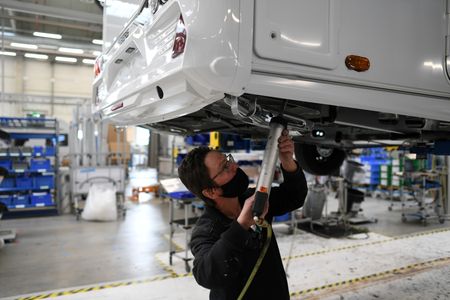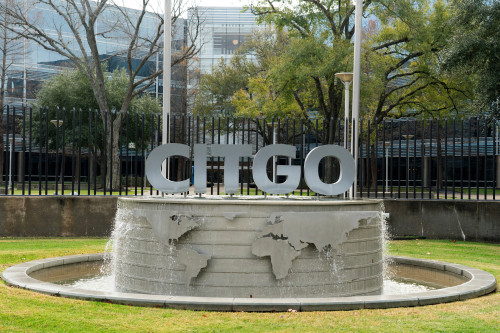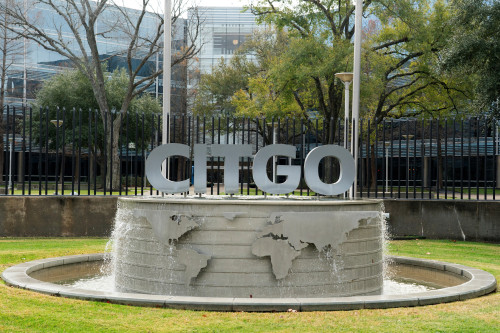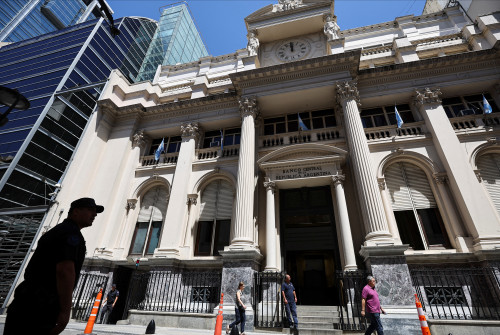LONDON (Reuters) – The downturn in euro zone manufacturing activity deepened in May as demand slumped despite factories cutting prices for the first time since September 2020, according to a survey which painted a gloomy outlook.
Compiled by S&P Global, Thursday’s HCOB final manufacturing Purchasing Managers’ Index (PMI) fell to 44.8 from April’s 45.8, just ahead of a preliminary reading of 44.6 but below the 50 mark separating growth from contraction for an 11th consecutive month.
An index measuring output, which feeds into a composite PMI due on Monday that is seen as a good guide to economic health, dropped to a six-month low of 46.4 from 48.5.
“The weakness in demand in the manufacturing sector, which has become increasingly evident since the beginning of the year in falling PMI readings, has now led the surveyed companies to reduce their production for the second month in a row,” said Cyrus de la Rubia, chief economist at Hamburg Commercial Bank.
“The decline in new orders from home and abroad signals that the weakness in output is likely to persist for several more months.”
That fall in demand came even though factories were able to cut prices due to the costs of production dropping at the fastest pace since February 2016. The output prices index was 49.0 compared to April’s 51.6.
That will likely be welcomed by policymakers at the European Central Bank who have failed to get inflation back to target despite embarking on their most aggressive policy-tightening programme in the Bank’s history.
However, price pressures in the bloc’s dominant services industry have so far remained strong.
(Reporting by Jonathan Cable; editing by John Stonestreet)





